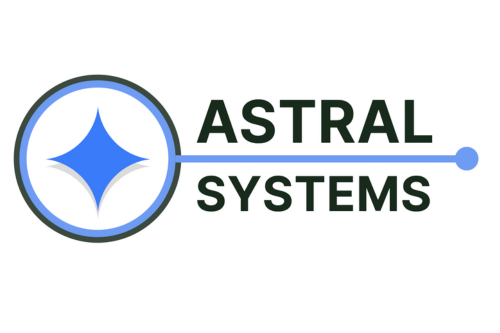As cancer rates in the developed nations rise due to lifestyle and environmental pollution, so does the need for the nuclear isotopes used in detecting those cancers in a medical setting. But with many reactors built in the Seventies and Eighties being scheduled for shutdown and decommissioning, the nuclear isotopes used in medicine are becoming rarer and more expensive. Now, a startup from Bristol, U.K. hopes to increase production of these nuclear isotopes by using a new, radical, technology.
Talmon Firestone and Dr. Tom Wallace-Smith co-founded Astral Systems. They plan to utilize something called multistate fusion (MSF) technology in its “compact reactors.” This will enable an increase in the supply of nuclear isotopes used in modern medicine. These reactors are so compact that they could fit on the average desk.
Astral Systems has now closed over a four million fifty-seven-thousand-dollar investment led by Austria-based VC Speedinvest and U.K.-based Playfair. The company says that its approach will commercialize MSF technology, achieving better performance with greater efficiency and lower cost than traditional nuclear power reactors.
The approach employs what is referred to as lattice confinement fusion (LCF). This concept was first discovered by NASA. It can achieve solid-state fuel densities that are four hundred million times higher than those achievable normally, according to the company.
Astral Systems has developed and demonstrated the first of its kind multi-state fusion device. It enables orders of magnitude improved fusion rates on a reactor architecture that utilizes a quarter century of engineering design.
Leveraging earlier research from NASA, Astral Systems also claims that its platform could lead to other applications such as safe hybrid nuclear energy, space exploration, and industrial and security industry applications.
Astral Systems reactors can support a wide variety of medical, industrial, and research applications well before any fusion plant is plugged into the grid. The company is developing innovative system designs to address global challenges such as those in health access and zero carbon energy.
Astral Systems’ co-founder and CTO, Dr. Tom Wallace-Smith said in an interview, “The whole industry has been constrained of supply constraint historically because of reliance on centralized reactors.”
Wallace-Smith added, “Whereas what we’re proposing is placing them in industrial units or in the basement of hospitals or production centers. We can then produce the drugs exactly where they needed, and be able to reduce the reliance on these centralized production sites.”
Wallace-Smith believes that its competitors are constrained by existing technology. He said, “Most other approaches are based on linear, accelerated technology, whereas what we’re doing is essentially taking a very high TRL core architecture and putting in 2020 physics, where the ceiling is quite high in terms of performance. So we’re just at the start of what’s achievable with this.”
Rick Hao is a partner at Speedinvest. He said in a statement, “Astral Systems represents the best of U.K. deeptech. Astral is delivering a fresh approach to nuclear fusion that addresses urgent medical, industrial and power needs.” So far Astral has constructed three commercial fusion facilities from which it’s already generating revenues.
Also participating in the recent funding round were angel investors including Oliver Buck, founder of ITM Isotope Technologies, and Pete Hutton, former ARM president of Product Group.
Astral Systems
